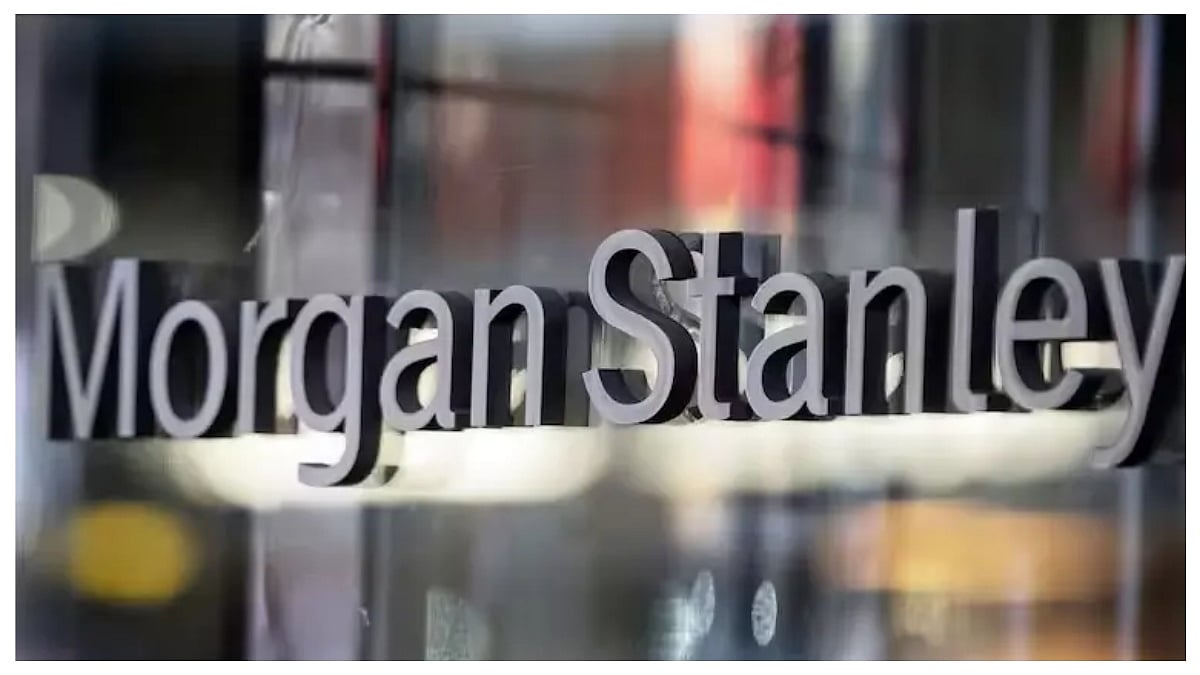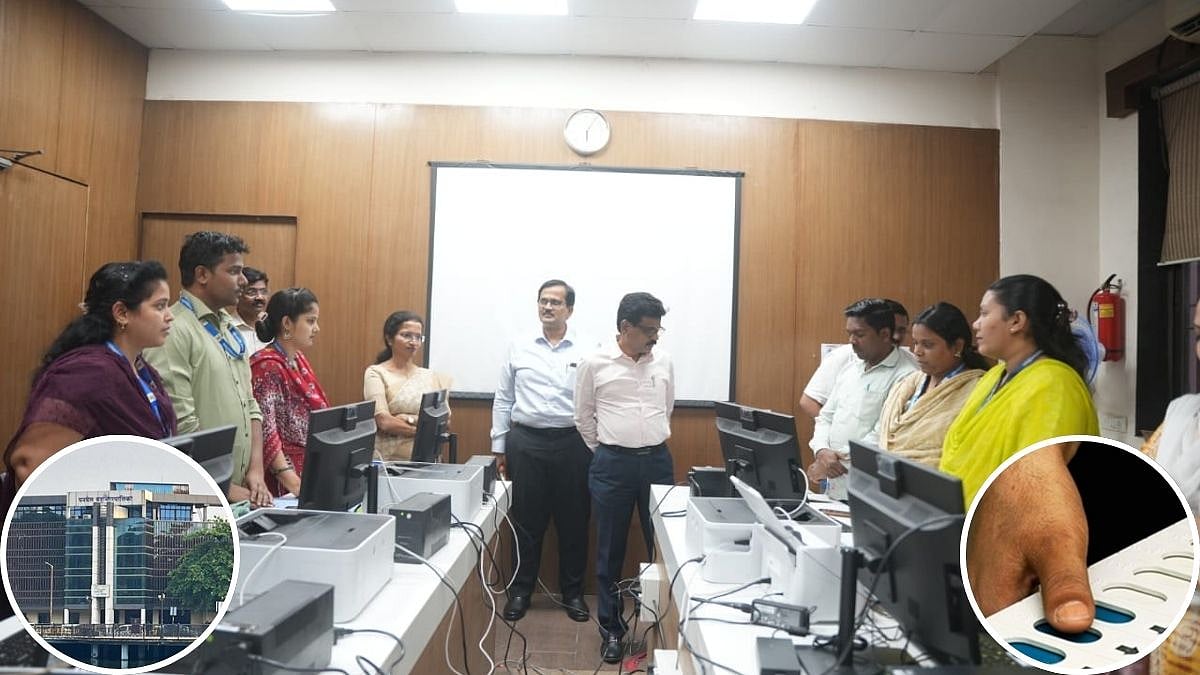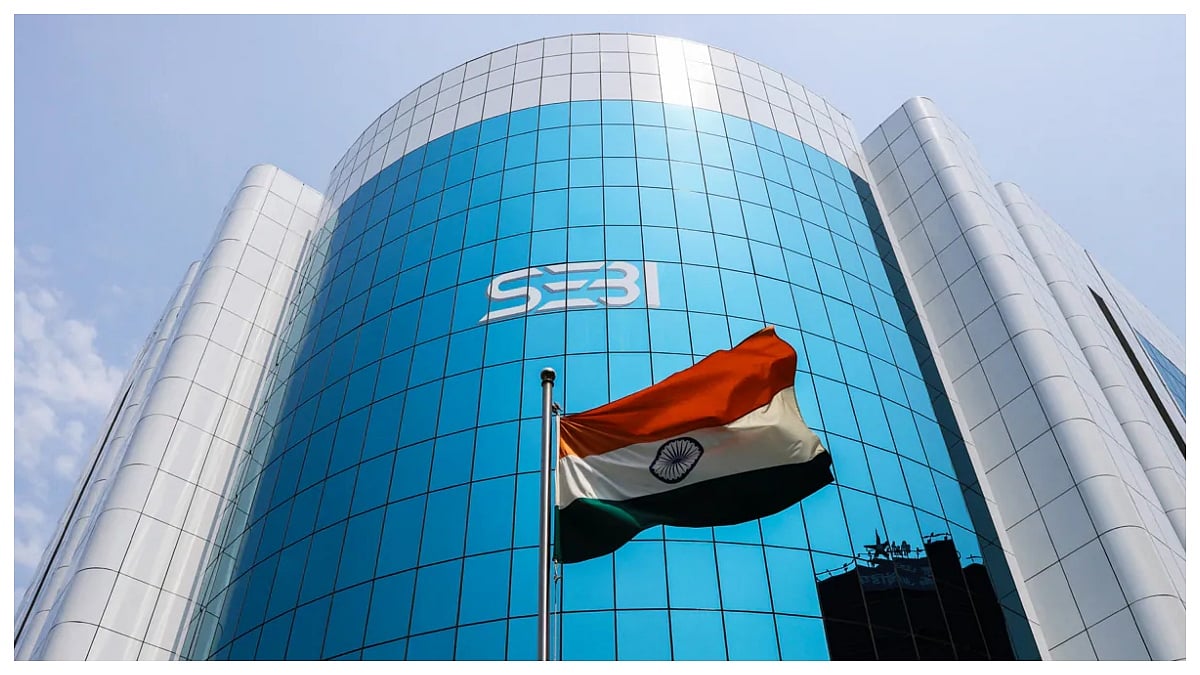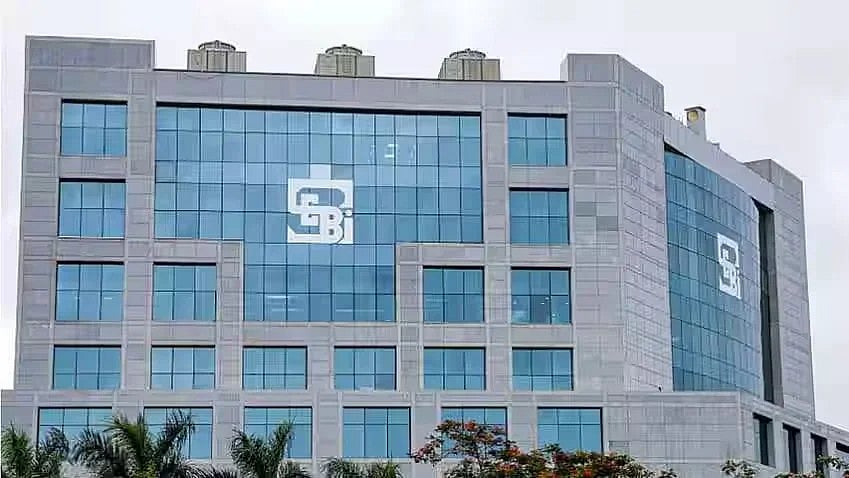New Delhi: India’s economic outlook for 2026 is set to remain upbeat, with domestic demand emerging as the key driver of growth, a new report said on Monday. The data compiled by Morgan Stanley said that macro indicators remain stable, giving policymakers ample room to support growth through both monetary and fiscal measures.
According to the report, India’s growth engine will primarily be driven by stronger household spending and rising private investment. With both rural and urban consumption expected to expand, GDP is projected to grow at 6.5 per cent in FY 2027–28. Rural demand has already been robust due to healthy farm incomes, while urban demand -- which had been weak -- now shows signs of revival as policy support kicks in.
On the policy front, Morgan Stanley expects the RBI to cut interest rates by another 25 basis points in December 2025, bringing the policy rate to 5.25 per cent. After this, the central bank is likely to pause and evaluate the impact of the easing cycle so far. The government is also expected to continue its focus on capital expenditure and gradual fiscal consolidation. The report acknowledges that risks to growth remain balanced.
Global factors -- such as geopolitical tensions, weak trade, and policy decisions in the US -- could pose challenges. However, a stronger-than-expected domestic multiplier from policy support or a faster global recovery could push growth even higher than the current projections.

Another central theme in the outlook is the broadening of consumption. Urban demand had been affected by high interest rates, softer hiring trends, and weak wage growth. In contrast, rural consumption benefited from good harvests and strong agricultural incomes.
Now, with the RBI easing policy across rates, liquidity, and regulations, borrowing costs are coming down. Loan rates have already fallen, and retail lending is expected to rise further, helping lift urban spending. Additionally, the government’s tax reforms -- especially income tax cuts worth Rs 1 trillion and GST rationalisation -- are expected to significantly boost disposable incomes, particularly for middle-class households. As businesses gain confidence, private sector investment is likely to increase, supporting job creation and further strengthening consumption, the report said.
Disclaimer: This story is from the syndicated feed. Nothing has changed except the headline.










